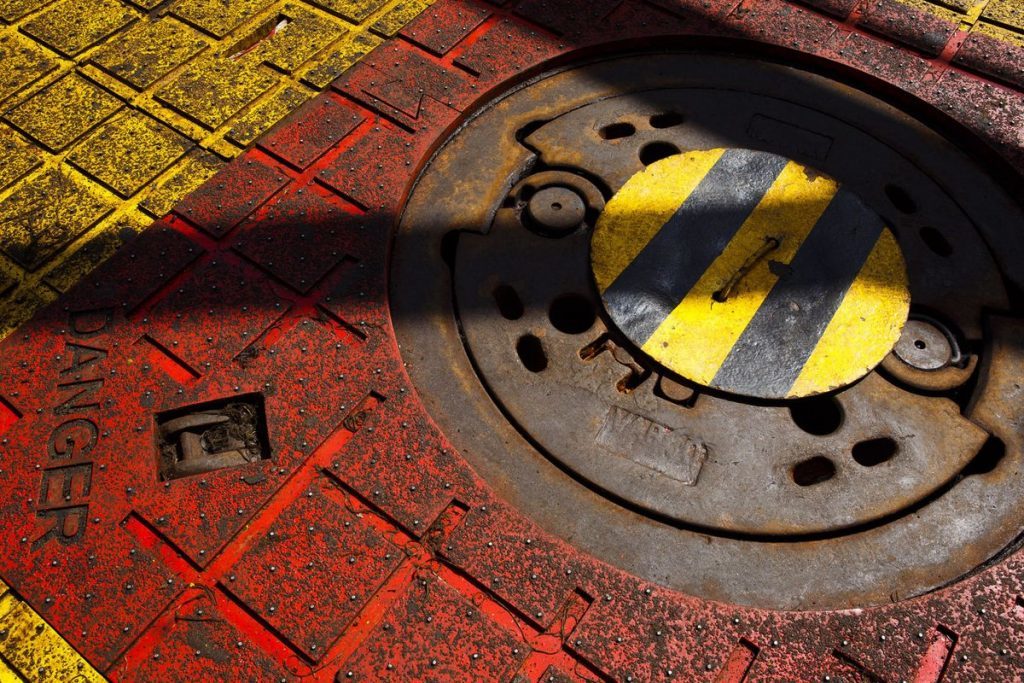
France will stop granting new exploration permits next year as it seeks to end all oil and gas production by 2040, according to a draft bill presented at a cabinet meeting Wednesday.
The move would allow the government to turn down more than 40 exploration requests already made, while some existing permits may be extended to respect contracts, the presentation showed. That includes the Guyane Maritime license off French Guiana, in which Total SA has a stake, according to an adviser to Ecology Minister Nicolas Hulot, who briefed reporters in Paris.
This legislation would “allow us to progressively free ourselves,” Hulot said after the cabinet meeting, also confirming that current exploration permits off French Guiana would remain valid. “It will allow investors to go much further in their renewable investments. Currently oil and gas leave us dependent on geopolitics.”
The proposed legislation is part of President Emmanuel Macron’s broader plan to take the lead against climate change, after U.S. counterpart Donald Trump ditched the landmark Paris agreement to fight global warming. While France’s oil and gas output is small, the plan may affect companies such as Vermilion Energy Inc., which has several concessions, and could reduce the prospect of discoveries off French Guiana.
France pumped 6 million barrels of oil in 2015, covering just 1 percent of its demand, according to the presentation. Oil and gas exploration and production on French soil generates as much as 300 million euros ($358 million) in annual revenue, and accounts for as many as 5,000 jobs, directly and indirectly. Existing production licenses wouldn’t be extended beyond 2040 under the proposed law.
“We do not expect this new legislation, if passed, to have a material impact on Vermilion as our operations are focused on development activities such as well-workovers, infill drilling and waterflood optimization,” the Calgary-based company said previously.
Under a plan presented by Hulot in July, France will end the sale of gasoline- and diesel-powered vehicles by 2040. It will also progressively increase taxes on fossil fuels, close coal-fired power plants by 2022 and invest more in renewable energies.
